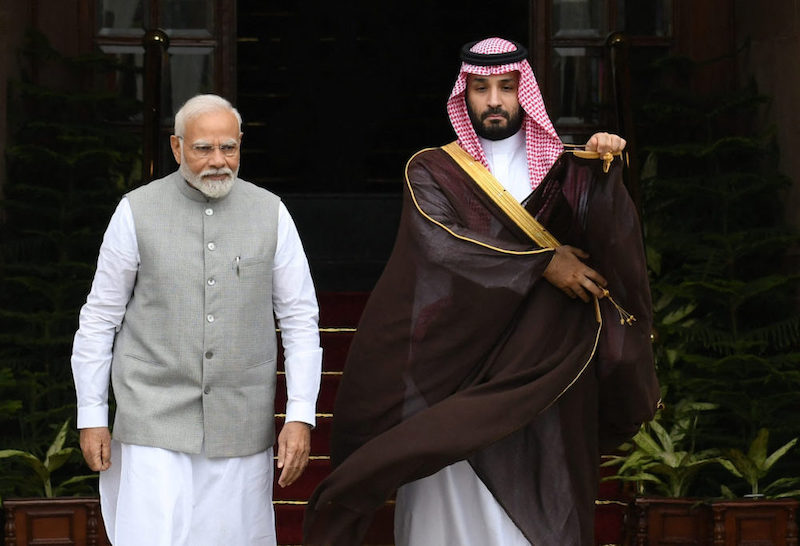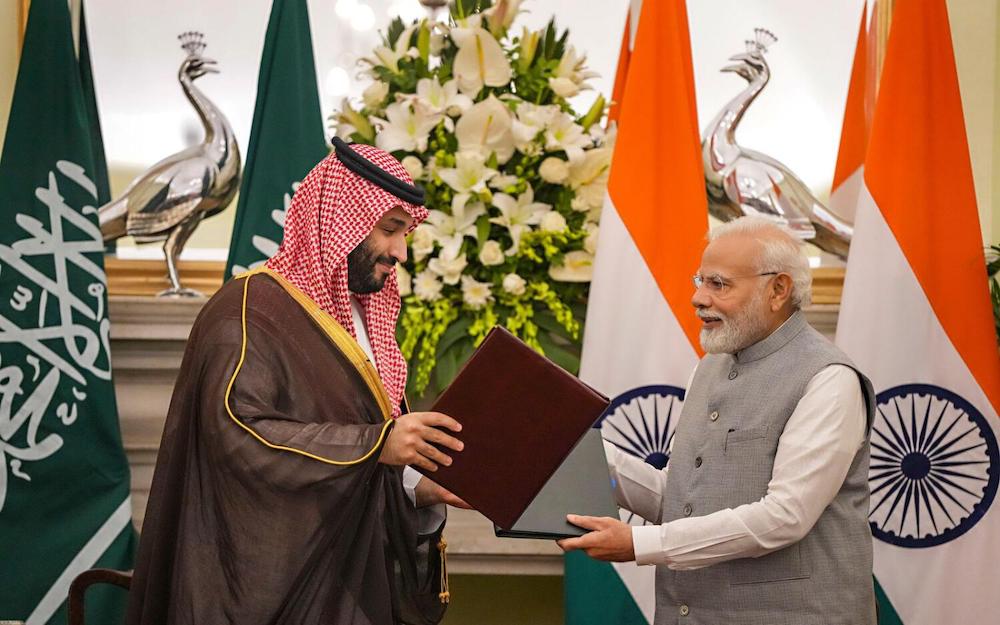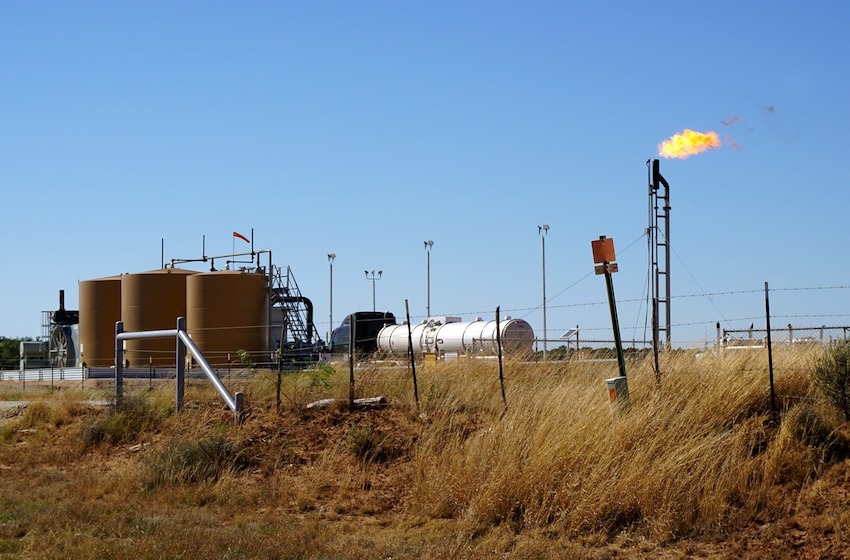India and Saudi Arabia Forge Stronger Economic and Security Ties Following G20 Summit

In the wake of the recent G20 summit held in New Delhi, India, both India and Saudi Arabia have announced their commitment to deepening their trade and security relations. This follows the unveiling of a significant railways and port corridor deal during the G20 summit, designed to connect India, the Middle East, and Europe.
Indian Prime Minister Narendra Modi and Saudi Arabia’s Crown Prince Mohammed bin Salman convened in New Delhi to chair a meeting of the India-Saudi Arabia Strategic Partnership Council. Their discussions encompassed a wide range of topics, including energy security, trade and investment, defense, healthcare, and food security, according to India’s foreign ministry spokesperson, Arindam Bagchi.
The India-Saudi Arabia Strategic Partnership Council, established in 2019, serves as a pivotal platform for the two nations to foster and expand their ties.

During the G20 summit, India, Saudi Arabia, the United States, the European Union, and other participating nations unveiled an ambitious rail and shipping corridor project. This project aims to create connectivity between India, the Middle East, and Europe, with the goal of enhancing economic growth and political cooperation. Experts have noted that this corridor represents an alternative to China’s extensive infrastructure program that spans across nations.
Prime Minister Modi, in a televised statement, underscored the importance of Saudi Arabia as one of India’s “most important strategic partners.” He emphasized that this corridor would not merely connect the two countries but also bolster economic collaboration, energy development, and digital connectivity across Asia, West Asia, and Europe.
Related Post :
- The impact of cross-cultural partnerships on business success
- Leveraging partnerships for talent acquisition and development
- The Importance of Communication in Partnerships and Alliances

Prior to the high-level talks, Crown Prince Mohammed received a ceremonial welcome at the Rashtrapati Bhavan Presidential Palace in New Delhi. His three-day visit to India included participation in the G20 summit.
India views Saudi Arabia as a critical strategic partner in the Middle East. The bilateral trade volume between the two nations exceeded $52.8 billion during the fiscal year 2022-2023, underscoring the significance of their economic and diplomatic ties.

Saudi Arabian Crown Prince Mohammed bin Salman Al Saud, left, and U.S. President Joe Biden, right, shake hands next to Indian Prime Minister Narendra Modi at the G20 summit
India-Saudi Arabia Bilateral Relations
India and Saudi Arabia share a history of warm and friendly relations, rooted in centuries-old economic and socio-cultural ties. The establishment of diplomatic relations in 1947 marked the beginning of high-level engagements between the two nations. Notable visits included King Saud bin Abdulaziz Al Saud’s 17-day trip to India in November-December 1955 and Prime Minister Jawaharlal Nehru’s visit to the Kingdom in September 1956. The bilateral relationship received a significant boost with Prime Minister Indira Gandhi’s visit to Saudi Arabia in April 1982.
A pivotal moment in the relationship occurred during King Abdullah’s historic visit to India in January 2006, culminating in the signing of the ‘Delhi Declaration,’ injecting fresh energy into bilateral ties. Prime Minister Dr. Manmohan Singh’s reciprocal visit to Saudi Arabia from February 27 to March 01, 2010, and the ‘Riyadh Declaration’ signed during the visit, elevated the relationship to a ‘Strategic Partnership.’ Notably, the visit of the then Crown Prince (now King) Salman bin Abdulaziz Al-Saud to India in February 2014 further strengthened defense cooperation between the two countries.
Prime Minister Narendra Modi’s visit to Riyadh in April 2016 underscored the deepening cooperation in political, economic, security, and defense domains. During the visit, King Salman conferred the Kingdom’s highest civilian honor on Prime Minister Modi, emphasizing Saudi Arabia’s commitment to its relations with India. Crown Prince Mohammad bin Salman’s visit to India in February 2019 built on this momentum, with the announcement of approximately US$100 billion in Saudi investments in India and the signing of six MoUs/Agreements spanning investment, tourism, housing, audio-visual program exchange, and Saudi Arabia’s inclusion in the International Solar Alliance (ISA), initiated by Prime Minister Modi.
Prime Minister Modi’s return to Riyadh on October 28-29, 2019, marked the signing of the Strategic Partnership Council (SPC) Agreement, establishing a high-level council to guide the Indo-Saudi relationship. The visit saw the signing of twelve MoUs/Agreements across various sectors, including energy, security, defense production, civil aviation, medical products, strategic petroleum reserves, small and medium-scale industries, and diplomatic training. During the visit, PM Modi delivered the keynote address at the Third Future Investment Initiative Summit.
Strategic Partnership Council
The Strategic Partnership Council (SPC) comprises two sub-committees: I) Committee on Political, Security, Social, and Cultural Cooperation II) Committee on Economy and Investments.
Both sub-committees engage at four functional levels: I) Summit level (Prime Minister & Crown Prince) II) Ministerial-level III) Senior Officials’ Meetings IV) Joint Working Groups (JWGs).
Four JWGs operate under each sub-committee. Under the Political committee, the JWGs are: I) Political & Consular II) Legal & Security III) Social & Cultural IV) Joint Committee on Defence Cooperation.
Under the Economic committee, the JWGs are: I) Agriculture & Food Security II) Energy III) Technology & Information Technology IV) Industry & Infrastructure.
Economic Cooperation
Saudi Arabia ranks as India’s fourth-largest trading partner, with over 18% of India’s crude oil imports originating from the Kingdom. In FY22 (Apr-Dec), bilateral trade amounted to US$29.28 billion, with India importing goods worth US$22.65 billion from Saudi Arabia and exporting products worth US$6.63 billion to the Kingdom. This robust economic partnership underscores the significance of their bilateral relations.















